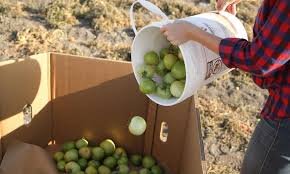Surplus generation
Surplus generation occurs when a society or economic system produces more goods and services than are necessary for its immediate subsistence.
This concept is fundamental to the development of civilizations and to the emergence of exchanges, trade, specialization and economic progress.
What is an Economic Surplus? It is everything that is left over after the population's basic consumption is guaranteed. For example: A farmer harvests more food than he needs to feed himself.
An industry produces more products than its workers consume. A society accumulates resources beyond what is necessary for its survival.
Importance of Generating Surpluses It allows exchange and trade: The surplus can be exchanged for other goods, initiating trade between individuals or communities.
It stimulates the specialization of activities: since excess is not necessary, there is no need to seek basic supplies.
It lays the foundations of a complex economy: Cities, markets and governments emerge and are organized around the production and management of surpluses.
It enables investments and savings: Part of the surplus can be saved or used to develop technologies, infrastructure and new productive activities.
%20(5).jpeg)
Historical Example:
Agriculture and Surpluses The emergence of agriculture was essential to generate surpluses. Previously, in the subsistence economy (hunting and gathering), everything that was produced was consumed.
With agriculture: People began to produce more food than they needed. Surpluses also began to be stored and traded.
Surplus in the Modern Economy Today, the concept remains valid: Companies seek to generate profits, which are a form of surplus.
Countries that produce more than they consume export their surpluses.
A trade surplus is an example of a national surplus in foreign trade.